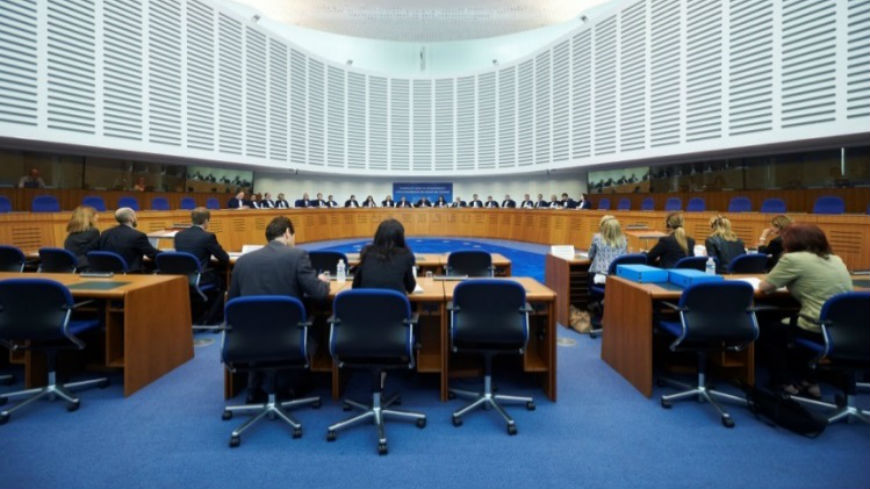In its judgment in Paposhvili v. Belgium, handed down on 13 December 2016, the Grand Chamber held that there would have been a violation of Articles 3 (prohibition of inhuman or degrading treatment) and 8 (right to respect for private and family life) of the Convention had the applicant been deported to Georgia, in the absence of any assessment of the risks he faced. The applicant, who had three children, suffered from a serious illness. The Court found that the Belgian authorities had not examined his medical situation or whether his family could reasonably have been expected to follow him to Georgia or, if not, whether the right to respect for family life required that he be granted leave to remain in Belgium for the time he had left to live.
On 15 December 2016, the Grand Chamber handed down its judgment in Khlaifia and Others v. Italy. The case concerned the holding, in a reception centre on the island of Lampedusa then on ships in Palermo harbour (Sicily), of irregular migrants who had arrived in Italy in 2011 and their subsequent removal, around ten days after their arrival in Italy, to Tunisia. The Court found in particular a violation of Article 5 § 1 (right to liberty and security) because the applicants had been deprived of their liberty without any clear and accessible legal basis. However, it held that there had been no violation of Article 3 as regards the conditions in the Lampedusa reception centre or the ships in Palermo harbour. It emphasised that while the constraints inherent in the “migrant crisis” facing Italy at the time could not, in themselves, be used to justify a breach of Article 3, it would be artificial to examine the facts of the case without considering the general context in which those facts arose. In its assessment, the Court therefore bore in mind, together with other factors, that the undeniable difficulties and inconveniences endured by the applicants stemmed to a significant extent from the situation of extreme difficulty confronting the Italian authorities at the relevant time. Having regard to all the factors, taken as a whole and in the light of the specific circumstances of the applicants’ case, the treatment complained of did not exceed the level of severity required for it to fall within Article 3 of the Convention. The Court also found that there had been no violation of Article 4 of Protocol No. 4 to the Convention (prohibition of collective expulsion of aliens). It explained that Article 4 of Protocol No. 4 does not guarantee the right to an individual interview in all circumstances. Here, in view of the time they had remained in Italy and the identification procedures carried out, the applicants had enjoyed a genuine and effective possibility of submitting arguments against their expulsion, which would have been examined by the authorities.
The Court delivered three judgments on 20 December 2016 following its 2014 judgment in the Georgia v. Russia (I) inter-state case concerning the detention and expulsion of Georgian nationals in autumn 2006. It found, in particular, violations of Article 4 of Protocol No. 4 and Article 5 § 1 because of the administrative practice that existed at that time of holding Georgian nationals in arbitrary detention and expelling them without a proper examination of their individual cases; and a violations of Article 2 (right to life) as a result of a failure to investigate a death in custody; and a violation of Article 3 because of inadequate conditions of detention.



